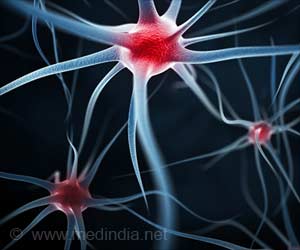Cincinnati Children's Hospital Medical Centre, have identified a genetic mutation that leads to cellular and molecular changes in the pregnant uterus that trigger premature birth.
Cincinnati Children's Hospital Medical Centre, have identified a genetic mutation that leads to cellular and molecular changes in the pregnant uterus that trigger premature birth. These scientists are from the Division of Reproductive //Sciences, part of the Perinatal Institute.
This gene helps protect the body from genetic instability.According to Dr Sudhansu K. Dey, director of Reproductive Sciences at Cincinnati Children's and the study's senior investigator, the findings could help lead to the development of new strategies for treating and preventing prematurity,
"Preterm birth and prematurity are problems that pose huge long-term social and economic liabilities, and there is an urgent need for research with new approaches to combat this public health concern," said Dey.
In the new study, researchers targeted certain signaling pathways that function both in pregnancy and during the formation of cancerous tumors.
Signaling pathways are chains of molecular interactions that promote cellular communication. During pregnancy, the pathways analysed by the researchers are usually tightly regulated. In tumour development, however, they become dysfunctional.
The scientists started with a pathway linked to the tumour suppressor gene known as transformation-related protein 53 (Trp53), which encodes another protein known as p53. Mutations of Trp53 are found in a variety of cancers, but its function in female reproduction and other normal physiological processes is not well understood.
Advertisement
The researchers generated mice that had the Trp53 gene conditionally deleted in the uterus, causing a deficiency of uterine p53 and removing its influence from the pregnancy process.
Advertisement
The study appears in Journal of Clinical Investigation.
Source-ANI
TRI










